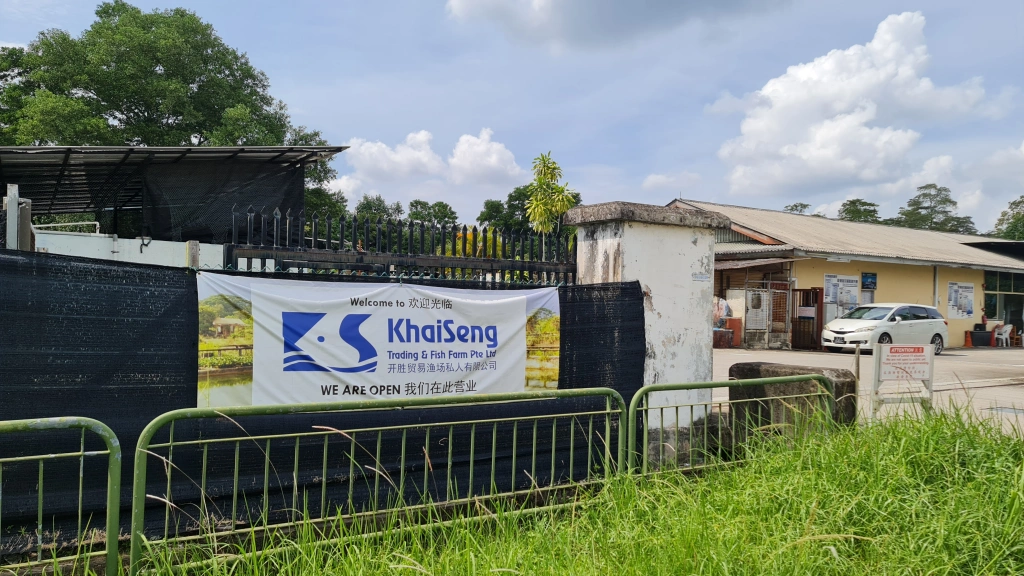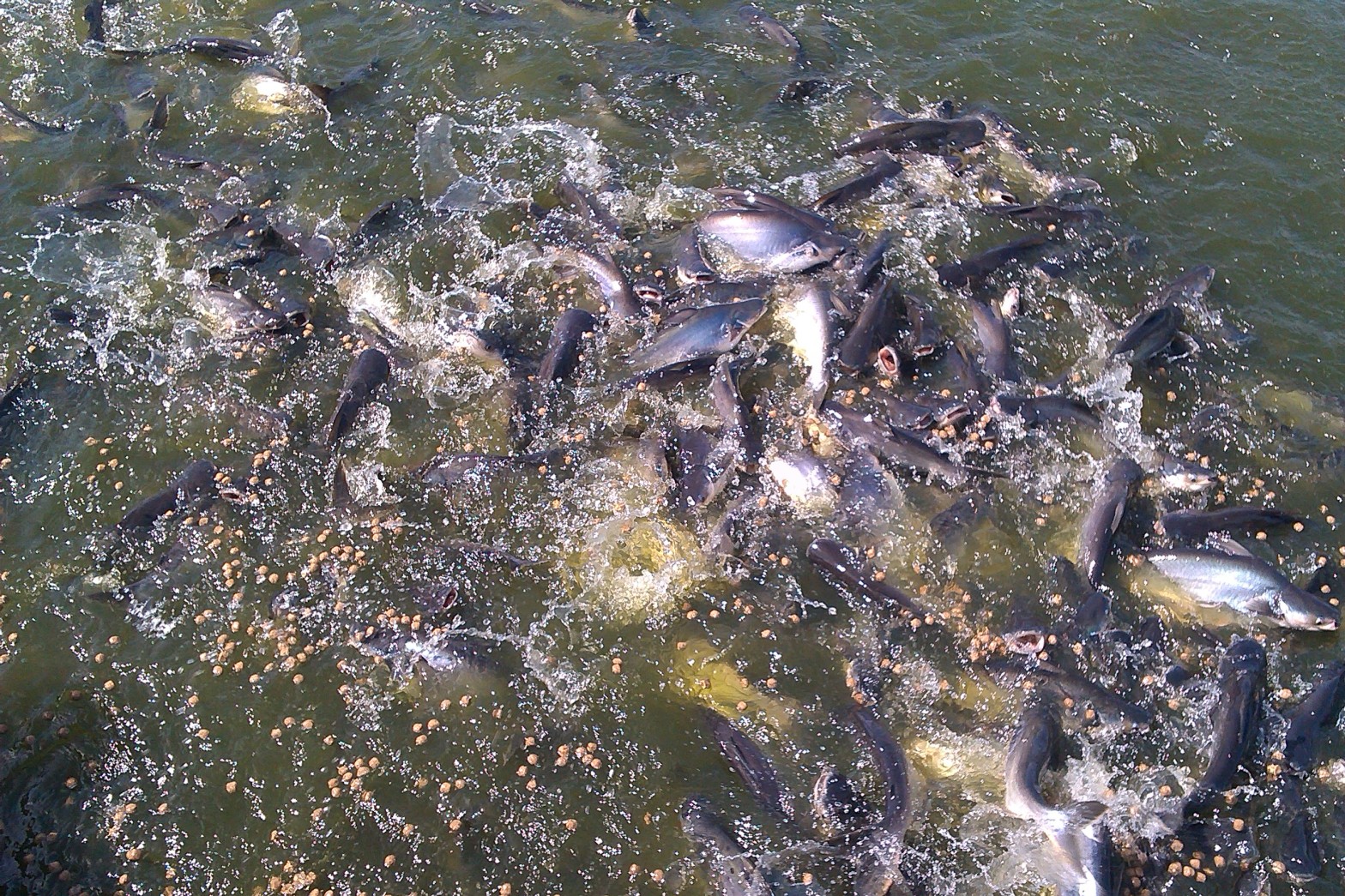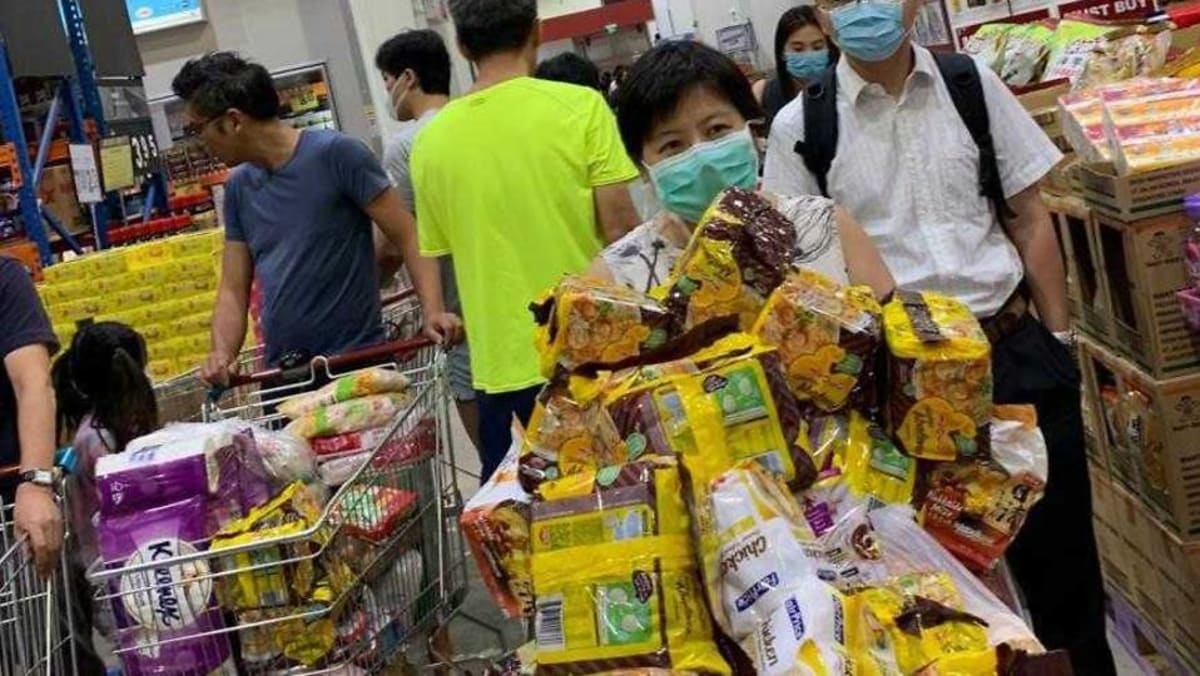As concerns over the depletion of natural fish stocks continue to rise, the importance of sustainable fish farming practices becomes increasingly evident. In this article, we will explore the innovative sustainable practices employed by Khaiseng Fish Farm, located at 291 Neo Tiew Crescent in Singapore. With a commitment to environmental responsibility and delivering high-quality fish products, Khaiseng Fish Farm has emerged as a pioneer in sustainable fish farming, revolutionizing the industry in Singapore, and changing the perception of what high-tech fish farming should look like.
- The Integration of Aquaponics
Khaiseng Fish Farm stands out by incorporating aquaponics into its operations. Aquaponics is a sustainable system that combines aquaculture (fish farming) with hydroponics (cultivating plants in water). This unique integration allows the farm to achieve a symbiotic relationship between fish and plants, ensuring optimal resource utilization and reducing waste.
In the aquaponics system, fish waste serves as a nutrient source for the plants, while the plants purify the water for the fish. This closed-loop system significantly reduces the need for additional fertilizers and eliminates the release of harmful waste into the environment. Khaiseng Fish Farm maximizes the efficiency of its operations by leveraging this sustainable approach.
- Responsible Water Management
Water scarcity is a global issue, and particularly so for Singapore. Khaiseng Fish Farm recognizes the need for responsible water management in their operations. The farm employs advanced water recirculation systems, minimizing water wastage and maintaining a pristine aquatic environment for the fish. By continuously reusing and treating water, the farm significantly reduces its overall water consumption.
Moreover, Khaiseng Fish Farm invests in filtration technologies to maintain water quality. This ensures a healthy habitat for the fish while minimizing the discharge of pollutants back into the ecosystem.
- Organic Feeding Practices
At Khaiseng Fish Farm, organic feeding practices play a vital role in ensuring both the health of the fish and the sustainability of the operation. The farm utilizes sustainable feed options. These feeds are free from antibiotics, growth hormones, and harmful chemicals that can negatively impact the fish and the surrounding environment.
By prioritizing organic feeds, Khaiseng Fish Farm promotes the overall well-being of the fish while mitigating the risks associated with excessive chemical usage. This commitment to organic feeding practices aligns with the farm’s core values of sustainability and environmental consciousness.
- Local Community Engagement
Khaiseng Fish Farm understands the significance of engaging with the local community to promote sustainable practices and raise awareness about the importance of responsible fish farming. The farm actively welcomes the public to visit, and frequently participates in educational programs and guided tours for students and local residents.
Through these activities, Khaiseng Fish Farm aims to foster a deeper understanding of sustainable fish farming methods and inspire others to adopt similar practices. By promoting transparency and sharing knowledge, the farm actively contributes to building a sustainable future for the aquaculture industry in Singapore.
Conclusion
Khaiseng Fish Farm is leading the way in sustainable fish farming in Singapore. By integrating aquaponics, implementing responsible water management techniques, employing organic feeding practices, and engaging with the local community, the farm sets a remarkable example for other fish farms to follow.
The innovative practices of Khaiseng Fish Farm demonstrate that it is possible to produce high-quality seafood while minimizing environmental impact. As Singapore continues to strive towards a more sustainable future, Khaiseng Fish Farm stands at the forefront, shaping the landscape of fish farming in a responsible and eco-friendly manner.








